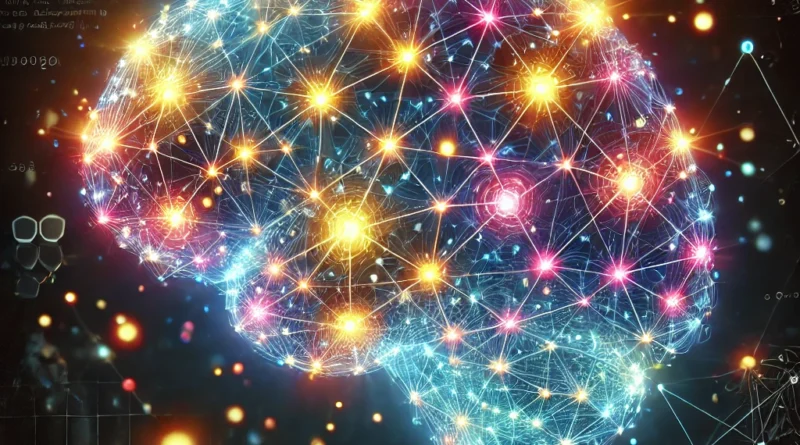Fear, Concern, and Collapse of Artificial Intelligence Tools: Perspectives of an Academia
Technology is not a bad invention, but the inability to be human after its adoption and use is what is challenging human existence. Young adults see technology as demi-gods and adore AI without employing critical thinking. Despite their digital nativeness, there is a lack of skills to critically interrogate AI tools and decipher their output or results. Many young adults do not know that AI is prone to error, stemming from the large language models (LLM) upon which it operates. Therefore, there is a greater need for critical digital literacy skills — now more than ever.
Read More













